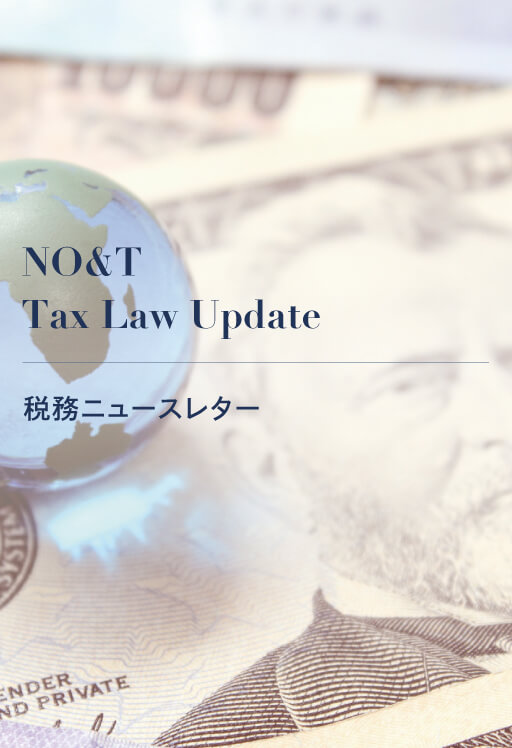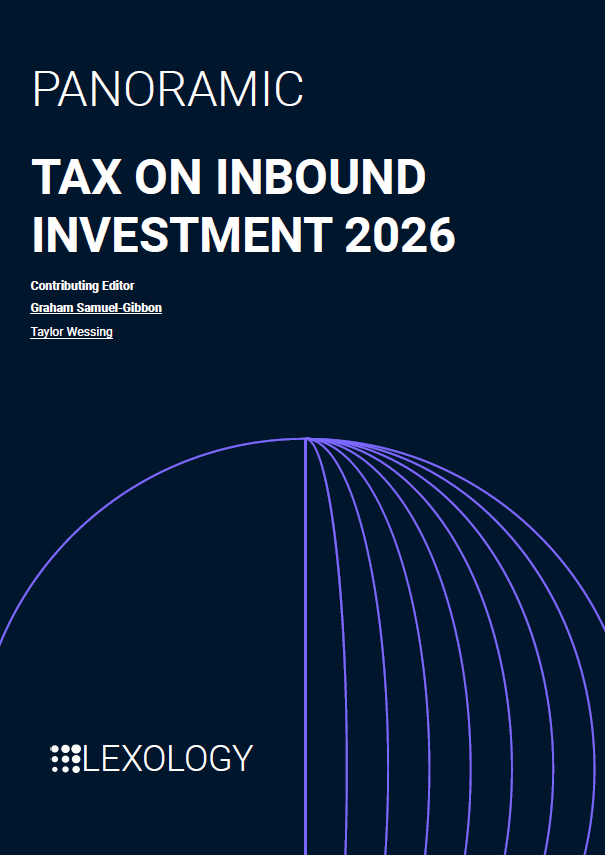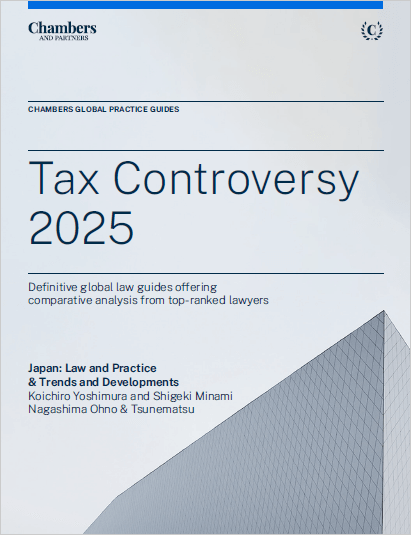
Yushi Hegawa Yushi Hegawa
Partner
Tokyo

NO&T Tax Law Update
The Tokyo Regional Taxation Bureau (the “TRTB”) has released an advance written ruling dated February 22, 2023 issued to the requesting taxpayer (which is an Ireland-based IT services provider) (the “Ruling”). The Ruling holds that, under the facts presented, no permanent establishment in Japan will arise from an appointment of a representative in Japan of the taxpayer and a registration of the taxpayer as a foreign company under the Companies Act of Japan.
There has been a controversial issue pending among foreign-based IT companies doing business with Japanese customers – whether an appointment of a representative in Japan and a registration as a foreign company will result in having a permanent establishment in Japan for Japanese tax purposes and being subject to the full Japanese income taxation.
This issue arose from an initiative of the Ministry of Justice of Japan around one year ago, which effectively mandated foreign-based IT companies to undergo a registration as a foreign company by appointing a representative in Japan under the Companies Act. The initiative intended that Japanese customers of such foreign-based IT companies could more easily bring claims against them in Japanese courts through such representative in Japan.
However, no tax aspects were taken care of by any Japanese government agencies at that time. That unfortunate situation has prompted us to devise a solution, on which we articulated in our previous newsletter “Japanese Tax Considerations of Registering “Representative in Japan” of Foreign Company: To Mitigate Permanent Establishment Exposure” (June 2022).
Now, the Ruling sets a final official answer to that issue, in favor of the requesting taxpayer, fully respecting our devised solution.
In securing the Ruling, we acted as tax counsel to the requesting taxpayer, assisting it in all aspects of the Ruling including preparation of the application documents and negotiation with the TRTB.
An unofficial English translation of the Ruling is attached at the bottom of the pdf copy for your ease of reference.
The hallmark of the Ruling is that it holds, under the facts presented, that the representative in Japan of the taxpayer will not constitute an agent PE (under Article 6(5) of the Japan-Ireland Tax Treaty) of the taxpayer.
In accordance with our proposed solution, the taxpayer has entered into a service agreement with an external third-party attorney-at-law in Japan governing the terms of the appointment as a representative in Japan, and thereby has limited the otherwise comprehensive representative authority of the representative in Japan (Section 817(2) of the Companies Act) to accepting service of process of court documents on behalf of the taxpayer.
By doing so, the representative in Japan will have no authority to conclude contracts on behalf of the taxpayer in relation to its business or to otherwise engage in or be involved in its business. Such limitation on the comprehensive representative authority of the representative in Japan should be considered valid as a matter of the Companies Act as between the taxpayer and the representative in Japan.
The Ruling does not fully articulate on the reasoning; however, it is clear that its conclusion is predicated on the construction that such limitation on the comprehensive representative authority of the representative in Japan will be respected for the purpose of finding an agent PE under Japanese tax law and treaties as well.
The Ruling also confirms that the taxpayer will not have a branch PE (under Article 6(1) of the Japan-Ireland Tax Treaty), based on the above service agreement providing that the taxpayer has no authority to use for its own business the premise in which the representative in Japan works to accept the service of process of court documents (i.e., the law office of the attorney). This is in line with the OECD Commentary, which requires that the place be “at its disposal” for such place to constitute a branch PE of a taxpayer.
The Ruling effectively eliminates PE risk concerns associated with the registration as a foreign company, which were a headache for similarly situated foreign-based IT companies. They may wish to rely on the Ruling as a leading precedent and as a safe harbor. At the same time, thanks to the benefit of this Ruling addressing the tax aspects, the initiative of the Ministry of Justice should be more coherent as a whole government’s action.
The Ruling demonstrates that a well-devised planning solution does work here in Japan as well. We, as a leading Japanese tax law counsel in the forefront of practice, are pleased with this outcome, and are committed to contributing to the non-Japanese taxpayers community in securing foreseeability in the tax law enforcement in Japan and achieving optimal results.
This newsletter is given as general information for reference purposes only and therefore does not constitute our firm’s legal advice. Any opinion stated in this newsletter is a personal view of the author(s) and not our firm’s official view. For any specific matter or legal issue, please do not rely on this newsletter but make sure to consult a legal adviser. We would be delighted to answer your questions, if any.


(September 2025)
Kenji Horiuchi, Kaito Mori (Co-author)


(May 2025)
Takashi Saida


(May 2025)
Koichiro Yoshimura


(May 2025)
Shigeki Minami


(September 2025)
Kenji Horiuchi, Kaito Mori (Co-author)


(May 2025)
Takashi Saida


(May 2025)
Koichiro Yoshimura


(May 2025)
Shigeki Minami